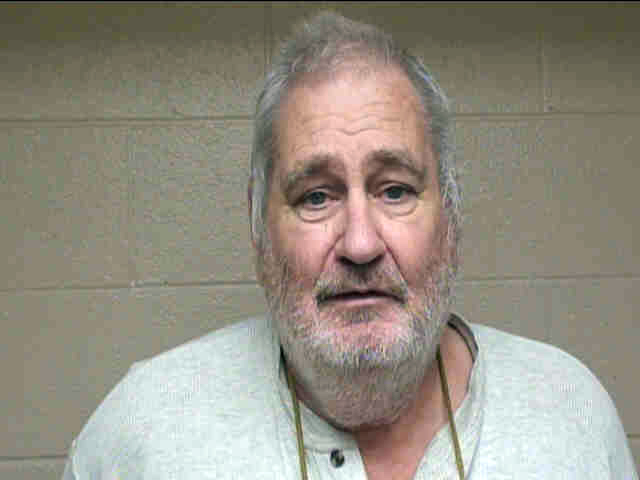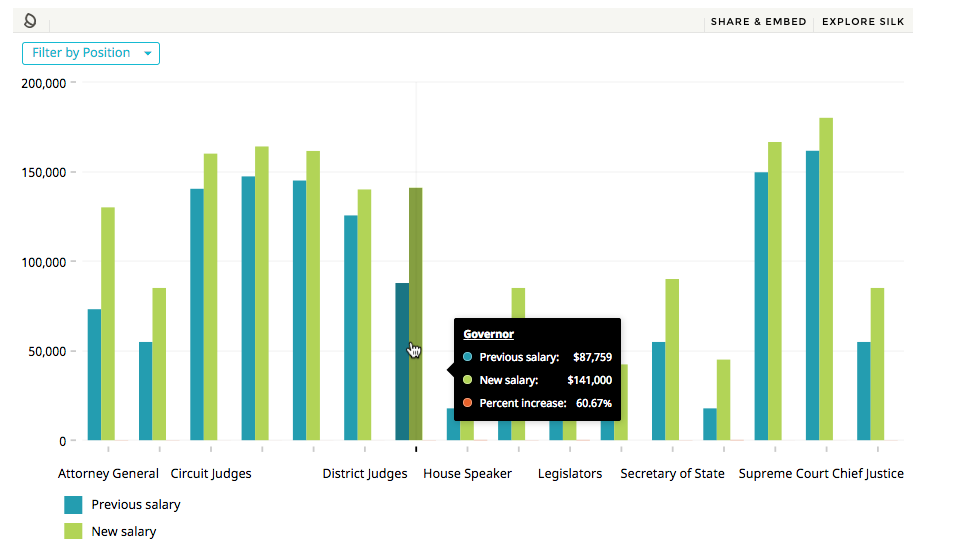Georgia Supreme Court asked to find Rossville man's arrest unconstitutional
Friday, January 1, 1904
A Rossville businessman with a pending racketeering charge in Walker County stood before the Georgia Supreme Court on Tuesday and accused a local prosecutor of being racist and vindictive.
Joe Mohwish, who was indicted on a gambling charge under the Racketeer Influenced and Corrupt Organizations Act in 2011, made oral arguments before the top court in Atlanta.
After his indictment, Mohwish sued Lookout Mountain Judicial Circuit District Attorney Herbert "Buzz" Franklin and Rossville, claiming his arrest was unconstitutional. But the suit was dismissed in Walker County.
Franklin, who didn't go to the hearing, later said the allegations Mohwish made in court "were probably made up."
Mohwish told the court he had a state license to run raffles for four black nonprofit organizations when his business was raided in 2009. It is legal in Georgia to operate a raffle for a nonprofit with a state license.
Mohwish says his criminal case will be dismissed if the court rules in his favor in the civil suit.
But Franklin said that's not the case. It's against state statute to file a civil case to have a criminal case dismissed, he said.
When asked why Franklin didn't argue his case before the state Supreme Court, he said there wasn't anything he could add by arguing in person.
Supreme Court spokeswoman Jane Hansen said it was rare for both parties not to appear in court for oral arguments.
Mohwish, who owns a bingo hall in Rossville, had been investigated before his RICO indictment. In 2004, he was arrested on a misdemeanor charge for operating an adult bookstore within 1,000 feet of a church, records show. The next year, Mohwish closed the store. Later, police seized gambling machines from a building he leased on Chickamauga Avenue.
In December 2008, Mohwish obtained his license to operate raffles for nonprofit organizations. He claims he has a real estate business in which he leases property and equipment to fundraising charities, according to the Supreme Court summary.
Mohwish said he was operating a charitable raffle for the Michigan Barber School in Detroit when the Rossville Police Department raided his business, taking his records and machines.
The Supreme Court can take up to six months to rule on the case.
Meanwhile, Franklin said he is not waiting for the Supreme Court's decision to try Mohwish. But a bench trial hasn't been scheduled.


